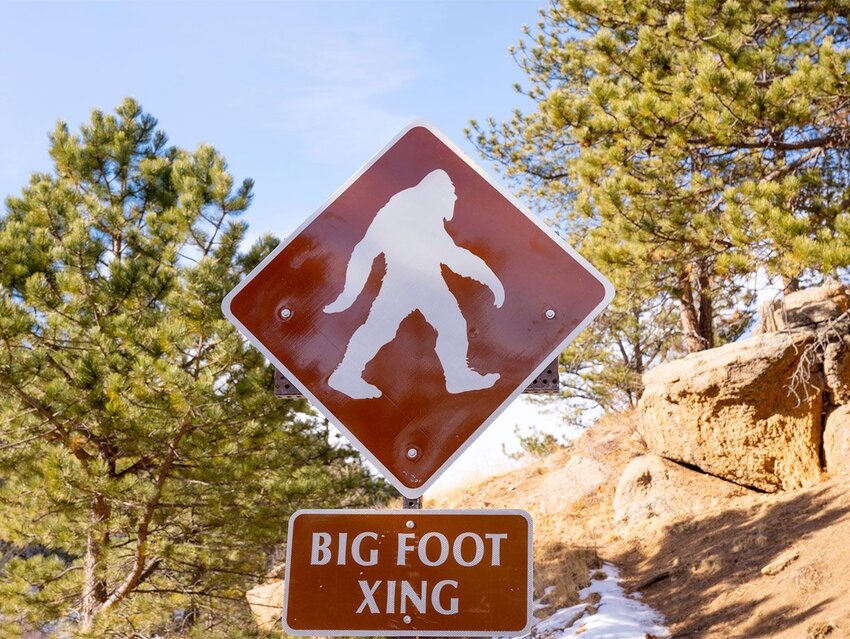With back-to-school season in full swing, you might be thinking of taking some college courses yourself. But why not increase your knowledge with something a little unexpected? These aren’t your everyday accounting, chemistry, or English majors — these fields of study are outside the box. From catching Bigfoot to the study of horseshoes, check out these words for extremely specialized fields and the degrees that apply to them.
Cryptozoology
Sasquatch hunters and Loch Ness monster fans might want to call themselves “cryptozoologists” instead. The field is called “cryptozoology” — the study of and search for animals, especially legendary or mythological, to evaluate the possibility that they exist. “Crypto” means secret or hidden, dating back to the ancient Greek kryptos, and “zoology” is the branch of biology that deals with studying animals. Put it all together and what do you get? The study of “hidden” animals.
No accredited universities currently offer degrees in “cryptozoology,” but an article published by Indiana University describes how several real species of animals — including the platypus, the gorilla, and the kangaroo — used to be thought of as cryptids (creatures whose existence has yet to be proven). So, start studying for a degree in zoology with a hobby of cryptozoology, and you might get the chance to make cryptid history.
Ecogastronomy
Ecogastronomy is a very new field of study — the University of New Hampshire describes it as an innovative approach to studying the food community, including the many social, economic, political, and ethical issues associated with food production. The newly coined word is a combination of the prefix “eco-” (relating to the environment) and “gastronomy” (the science of good eating).
Ethnobotany
This field is the study of a region’s plants and how they are traditionally used by the local people, whether it is for food, medicine, shelter, religion, or other aspects of daily life. The term “ethnobotany” combines the prefix “ethno-” (meaning race, people, or culture) with “botany,” the branch of biology dealing with plant life. Multidisciplinary programs, such as one at the University of Alaska Fairbanks, offer coursework in botany, biochemistry, ecology, Indigenous studies, anthropology, and political ecology.
Farrier Science
Those with a love of horses can learn the art of shoeing horses and earn an associate degree in farrier science, with coursework including basic shoeing, applied equine biology, and small-business management for farriers. “Farrier,” meaning someone who shoes horses, came from the French word for blacksmith, ferrier.
Gerontology
The public health field of gerontology is the study of aging, including everything from bodily changes to how society evolves as the population ages. The root “gere-” means to grow old and is also used for the medical field geriatrics. The curriculum typically covers the subjects of physiology, social science, psychology, public health, and policy.
Piano Pedagogy
Maybe you’ve taken piano lessons, but this is the study of teaching piano. Colleges and universities sometimes offer this program in the Fine Arts department. Learning theory, technology, current issues, and trends are all on the syllabus for piano pedagogy. “Pedagogy” is a term that covers the art, science, and profession of teaching. The word comes from ancient Greece, where pedagogue meant teacher.
Viticulture
This is the study of grape cultivation, namely for winemaking. It comes from the Latin vītis, meaning vine. This is a surprisingly popular area of study in higher education, with many universities offering classes or full degree programs on viticulture and enology, which is the study of wine and winemaking. The name for this field of study fitting comes from the Greek word for wine, oinos.
Featured image credit: pabradyphoto/ iStock

